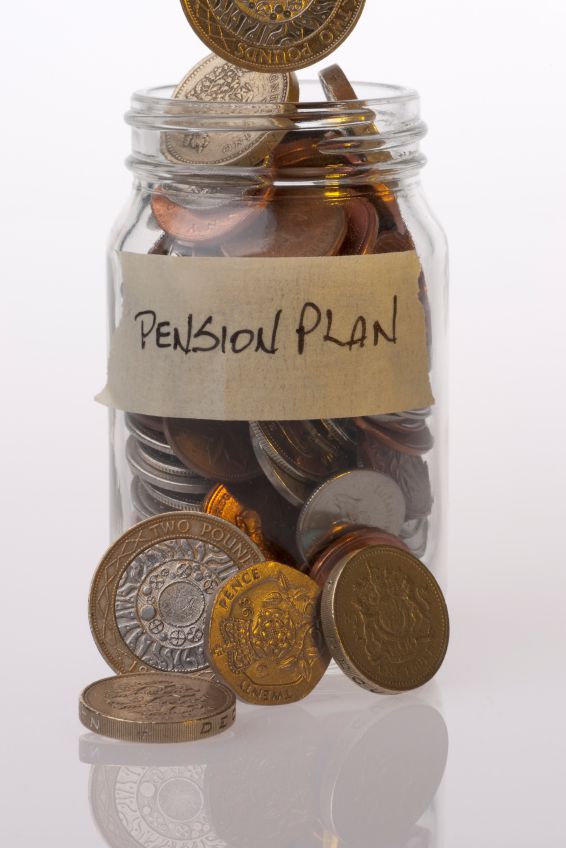How to
Your Money answers Your Questions: How will a career break affect my state pension?

Dear Your Money, I am thinking about taking a career break. What will this mean for my state pension? Sarah, aged 31
Whether you’re going on a long overdue gap year or raising a family, taking a career break will have an impact on your finances.
Maike Currie, associate investment director at Fidelity Personal Investing, explains what time away from the workplace means for your state pension.
She writes…
“There is little doubt that the workforce has changed post the financial crisis with an increasing amount of people taking time out to upskill, retrain or explore more flexible working. The myth that a career break will be detrimental to your career has long been debunked – if anything it could set you on course for a successful working life more aligned to what you really want to do. However, before you take the plunge it’s important to assess what this will mean for your long term finances, in particular your state pension.
“The key thing to remember is that a one-size-fits-all approach does not always apply when planning for this. Determining how much income you are entitled to from the government in your old age, can get tricky depending on when you reach state pension age.
“The state pension age has been increasing for women since April 2010 and by 2020, for both men and women it will be age 66. The Government State Pension calculator can help you determine this if you reach State Pension age on or after 6 April 2016 – a key date as this is when a new state pension system comes into effect.
“Currently you need 30 years’ worth of contributions in order to get the full state pension – taking a career break could mean that you miss out on the full amount, so it’s worth finding out how far off you are from the full amount.
“However if you’re likely to reach state pension age after April 2016, you will need to have a minimum of ten years National Insurance contributions to qualify for a State Pension. To get the full state pension, you will need to have National Insurance contributions of 35 years.
“If you do have a long career break, perhaps taking some time out to raise your family, it could be the case that you may not have enough national insurance contributions. However, it is possible to buy back some years through voluntary national insurance contributions – you can apply to pay for voluntary National Insurance contributions here.
“Remember that most of us will live for longer than we think and even if you do end up qualifying for a full state pension – chances are that this will not be enough to fund a comfortable lifestyle in your old age.
“As such your best course of action is to make sure you can supplement your state pension with some additional savings. Even if you are not working, you can contribute £2,880 a year into a pension and receive a £720 tax relief top-up from the government. Also consider saving into an ISA.
“You could also increase your personal pension or workplace pension pot by making extra contributions on top of your normal pension payments.
“If you’re struggling to save into a personal pension and meeting other expenses such as paying off your mortgage, be careful about pushing pensions too low down on your list of priorities. Remember if you are a member of a workplace pension scheme you will also miss out on your employer’s contributions. It makes little sense to avoid contributing to a pension as you will be missing out on the income tax relief from pensions that will compound over the years.
“There’s no reason why a career break should dent your long term employment prospects. However, it could make the difference between retiring comfortably or not – make sure you plan accordingly.”